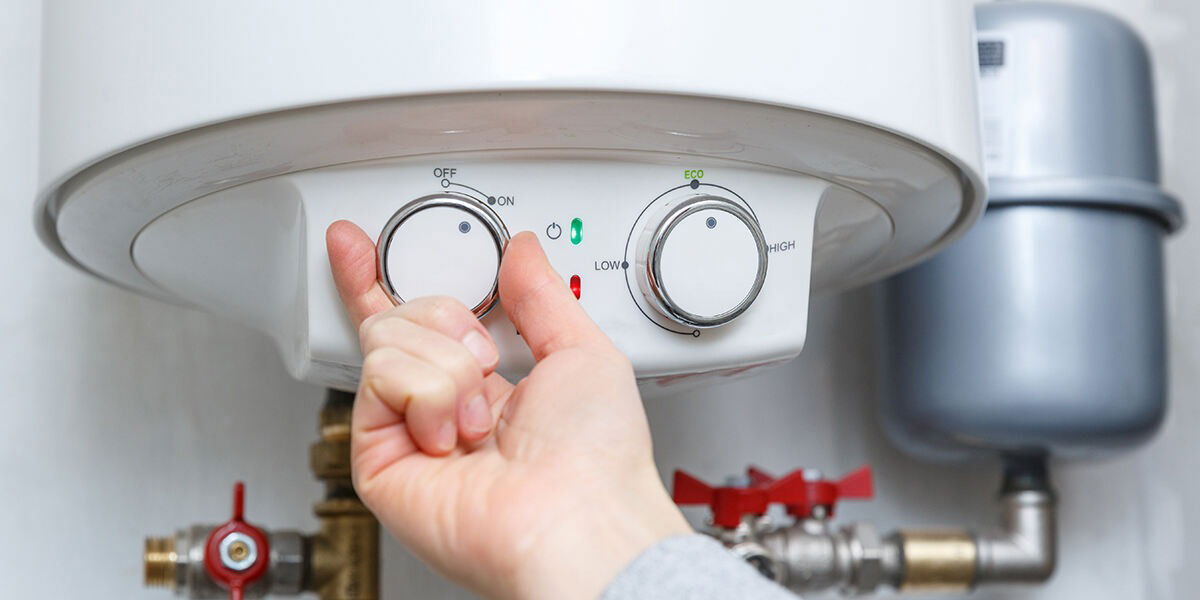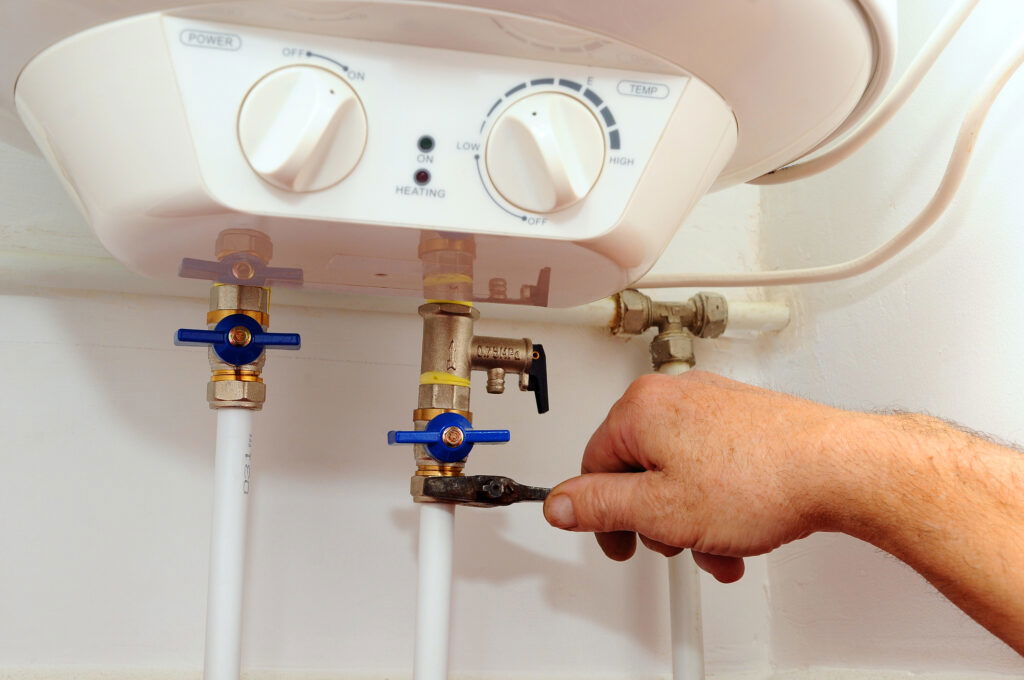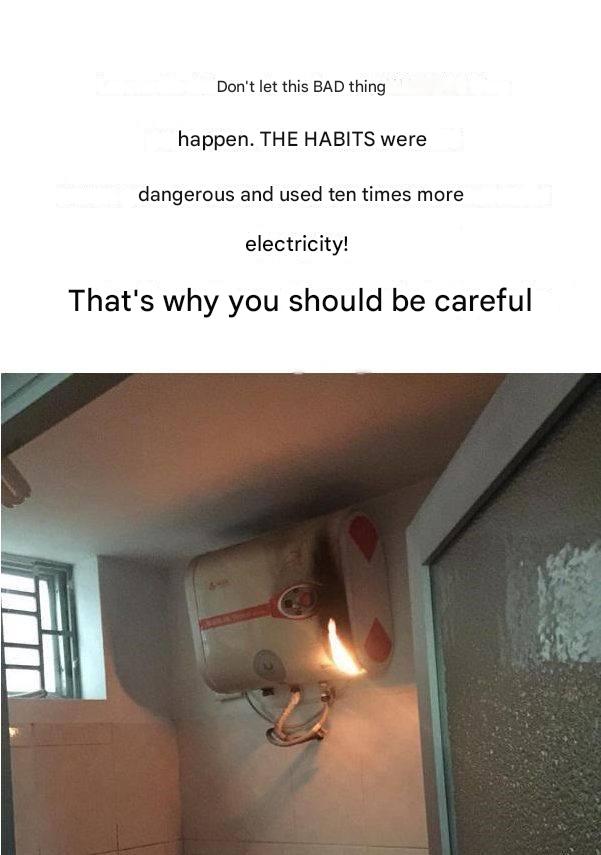During the colder seasons, water heaters in households improve their operating efficiency.
However, some bad habits in using water heaters increase electricity costs in winter, which endangers health and increases the risk of fire and explosion.
Many families have the habit of leaving their boilers on all the time. The boiler is always on and powered. This has the advantage of ensuring hot water is always available in the house, making it very convenient to use.
While the amount of electricity required to heat the correct amount of water for use is not excessive, leaving the unit on all day will undoubtedly increase your electricity bill.
Aside from burning a lot of electricity, repeatedly boiling water at high temperatures leads to a buildup of dirt over time. Over time, the boiler accumulates a thick layer of sediment, limiting its heating capacity.
In fact, turning on the water heater all day is the main cause of insulation wear, leading to the failure of the circuit breaker system, which may cause current leakage, which is quite dangerous.
For units without temperature control, we recommend turning on the tank 15-30 minutes before use, depending on its capacity. To reduce power leaks, turn off the water heater when not in use.
Therefore, you should not leave the water heater running all day.
1. Waste of electricity

The main function of a water heater is to heat the heating pipe in the tank to heat the water. Although the device is designed to be more complex and modern, it is very easy to lose electricity if it is left on for too long, which can lead to dangerous explosions. Therefore, the boiler should not be left on all day. When the water temperature in the tank drops below a certain level, the tank acts as a heater.
There are already various types of water heaters that can hold water for 48 to 72 hours, so there’s no need to leave the unit on all day while you still have plenty of water available.
2. Dangerous during use

In many cases, turning on the water heater often results in an electrical overload. This leads to a short circuit and the combustion of other nearby appliances due to unstable power sources.
Furthermore, 24/7 operation requires the machine’s internal components to run at all times to ensure that the components inside the machine operate at full capacity. This easily leads to damage and electrical leaks outside. Worse still, it endangers the user’s life.

